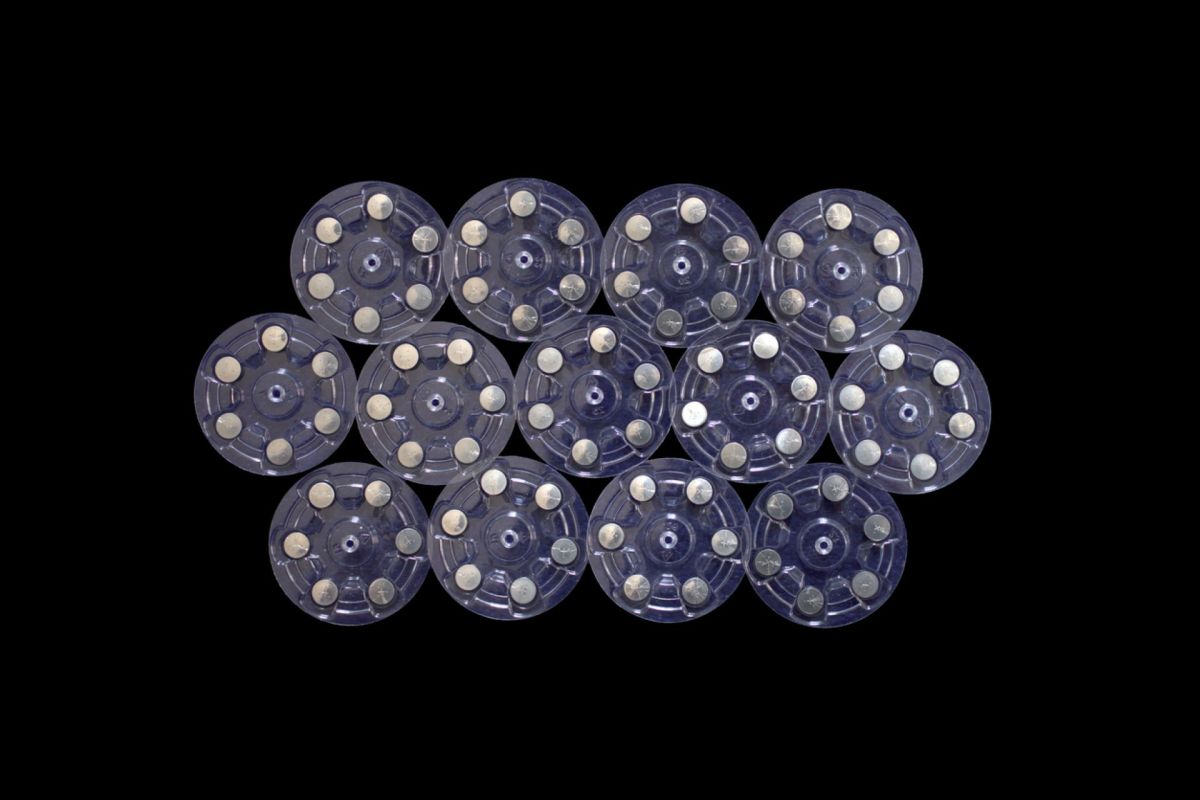Get ready for a breakthrough in battery technology that could simplify your life while helping the planet.
Scientists in Germany have developed a lighter, more efficient, and rechargeable zinc-air battery — a tremendous upgrade over current versions, as ChemEurope.com has reported.
Zinc-air batteries, which generate electricity from a reaction between zinc and oxygen in the air, are one of the oldest battery types around. You likely know someone who uses them in products like hearing aids. They're also sometimes used to power electric fences and signal lamps.
However, today's zinc-air batteries have some serious limitations.
"Zinc-air batteries are among the oldest and most efficient chemical battery storage systems," explained an article about the new battery in ChemEurope.com. The problem is, per the article, "they are not yet rechargeable. They also require electrodes made of metallic zinc, which should be used as fully as possible to ensure rechargeability and a high charging and discharging capacity."
Until now, zinc could only be used with about 50% efficiency, requiring the batteries to use bulky, oversized metal electrodes. This makes them "unnecessarily heavy and unsuitable for all types of mobile applications," according to ChemEurope.com.
The TU Darmstadt team decided to ditch the metal electrodes entirely. Their innovative new design charges and discharges the battery directly from an electrolyte solution.
"By depositing and redissolving the active metal zinc directly from a solution on a nanostructured carbon electrode, we are initiating a paradigm shift," researcher Daniel Deckenbach explained to ChemEurope.com.
The payoff is huge. The new battery can be recharged over 200 times at high capacity while achieving a "depth of discharge" of 92%, according to results published in the journal Small and the ChemEurope.com summary. That means the stored energy can be almost completely used, which is a significant improvement over current designs.
The new battery is also much lighter since it doesn't require heavy metal electrodes.
"As no more metal electrodes are required to operate the battery cell and only a minimum of chemical substances are needed, efficiency is significantly increased and we achieve enormous weight savings compared to previous zinc-air storage systems," chemistry professor Jörg J. Schneider, who led the research team, said, per ChemEurope.com.
Lighter, more efficient rechargeable batteries are one of the keys to a greener future. They could expedite the adoption of electric vehicles and make renewable energy storage more practical, helping reduce the pollution overheating our planet.
This would help protect our communities from the increasing risks of climate-driven extreme weather events and food supply disruptions.
The researchers believe their breakthrough battery could be ready for prime time within a few years. So, next time you or someone you love pops a zinc-air battery into a hearing aid, know that an even more eco-friendly version may power your world before long.
Join our free newsletter for weekly updates on the coolest innovations improving our lives and saving our planet.









